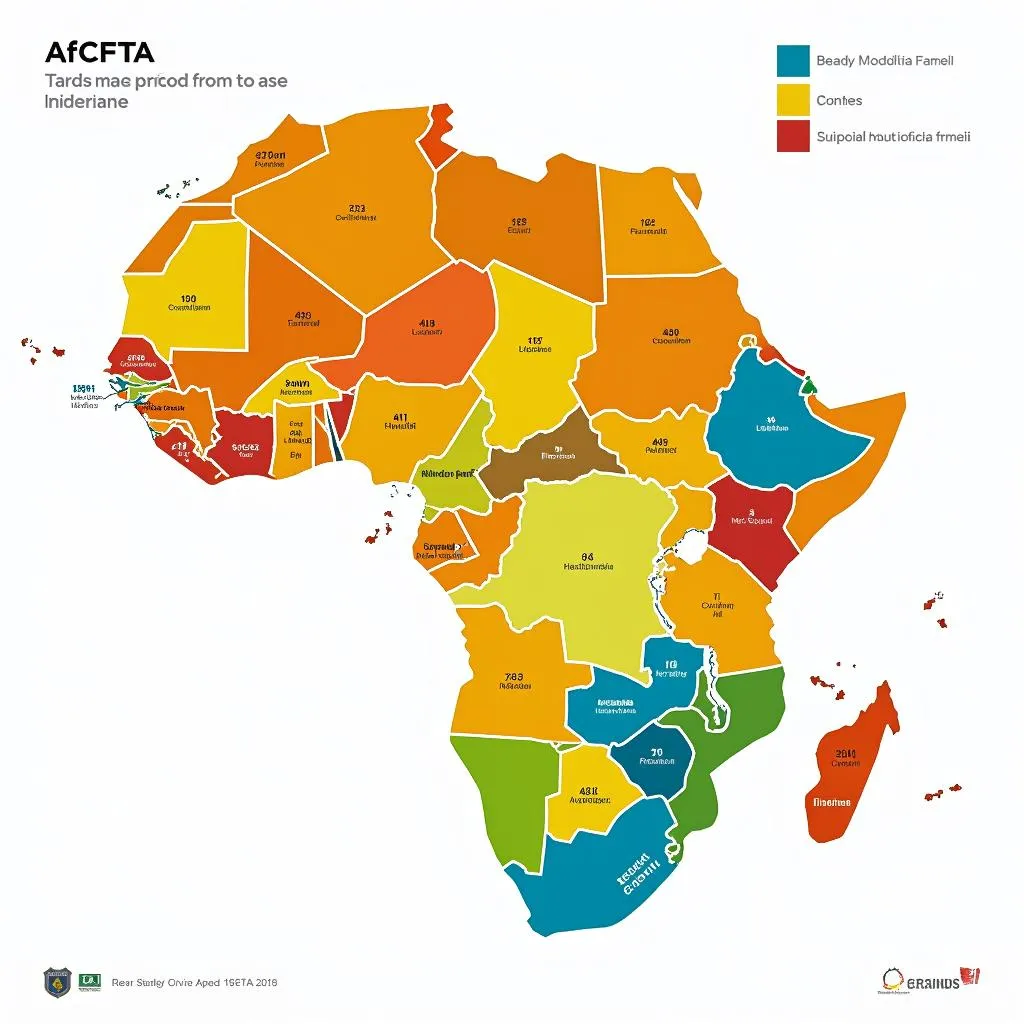Exploring the Rich Tapestry of African American Literature
African American literature, a powerful and evocative body of work, reflects the diverse experiences, struggles, and triumphs of African Americans throughout history. From the poignant narratives of slavery and the Jim Crow era to the vibrant expressions of the Harlem Renaissance and the contemporary voices of today, this literary tradition offers a profound understanding of the African American identity and its enduring contributions to American culture. This exploration delves into the key themes, historical contexts, and influential figures that have shaped this rich tapestry of storytelling.
The Historical Context of African American Literature
Understanding African American literature requires acknowledging its deep roots in the history of the African American experience. The earliest forms often took shape as spirituals, coded songs that expressed both the pain of enslavement and the hope for freedom. These oral traditions laid the foundation for later written works, serving as a testament to the resilience and creativity of a people facing unimaginable adversity.
From Spirituals to Slave Narratives: Early Voices
The emergence of slave narratives marked a critical turning point. These firsthand accounts, like Narrative of the Life of Frederick Douglass, an American Slave, offered a harrowing glimpse into the realities of slavery, challenging the dominant narratives and fueling the abolitionist movement. These narratives weren’t just stories; they were powerful acts of resistance and self-assertion in a society that sought to silence them.
The Harlem Renaissance: A Flourishing of Artistic Expression
The early 20th century witnessed an explosion of creativity known as the Harlem Renaissance. This period, centered in Harlem, New York, saw a flourishing of African American literature, music, art, and intellectual thought. Figures like Langston Hughes, Zora Neale Hurston, and Claude McKay gave voice to the Black experience with unprecedented nuance and complexity. They explored themes of identity, racial pride, and the challenges of navigating a society still grappling with racial inequality.
The Impact of Langston Hughes and Zora Neale Hurston
Langston Hughes, with his evocative poetry and prose, captured the rhythms and spirit of Black life in America. Zora Neale Hurston’s celebrated novel Their Eyes Were Watching God celebrated Black female identity and explored the complexities of love, loss, and self-discovery. These writers, along with many others, challenged stereotypes and broadened the understanding of African American life and culture.
Contemporary African American Literature: Continuing the Conversation
African American literature continues to evolve and engage with contemporary issues. Authors like Toni Morrison, Alice Walker, and James Baldwin have explored themes of race, gender, sexuality, and class with profound insight and artistry. Their works challenge societal norms, expose injustice, and celebrate the resilience and beauty of the human spirit.
The Legacy of Toni Morrison and James Baldwin
Toni Morrison’s Beloved, a haunting exploration of the legacy of slavery, won the Pulitzer Prize and cemented her place as a literary giant. James Baldwin’s essays and novels, such as Go Tell It on the Mountain, delved into the complexities of race relations and the search for identity in a divided nation. Their contributions have not only enriched African American literature but also reshaped the American literary landscape as a whole.
Conclusion: The Enduring Power of African American Literature
African American literature, from its earliest expressions to the contemporary voices of today, offers a powerful lens through which to understand the complexities of the African American experience and its enduring impact on American culture. By exploring the rich tapestry of stories, themes, and historical contexts, we gain a deeper appreciation for the resilience, creativity, and enduring power of this vital literary tradition. This journey through words provides invaluable insights into the ongoing struggle for equality, justice, and the celebration of Black identity in all its multifaceted forms. Continue exploring this vital literature to deepen your understanding of American history and culture.
FAQ
-
What are some key characteristics of African American literature?
Answer: Key characteristics include exploring themes of race, identity, slavery, freedom, and the African American experience in America. -
Who are some of the most influential African American authors?
Answer: Frederick Douglass, Langston Hughes, Zora Neale Hurston, Toni Morrison, James Baldwin, and Alice Walker are just a few. -
What is the significance of the Harlem Renaissance in African American literature?
Answer: The Harlem Renaissance was a period of flourishing artistic and literary expression that celebrated Black culture and identity. -
How does contemporary African American literature continue to evolve?
Answer: Contemporary authors continue to explore relevant issues such as race, gender, sexuality, and class in new and innovative ways. -
Where can I find more resources on African American literature?
Answer: Libraries, universities, and online resources offer a wealth of information on this topic.
Need further assistance? Please contact us: Phone: +255768904061, Email: [email protected], Address: Mbarali DC Mawindi, Kangaga, Tanzania. Our customer service team is available 24/7.


